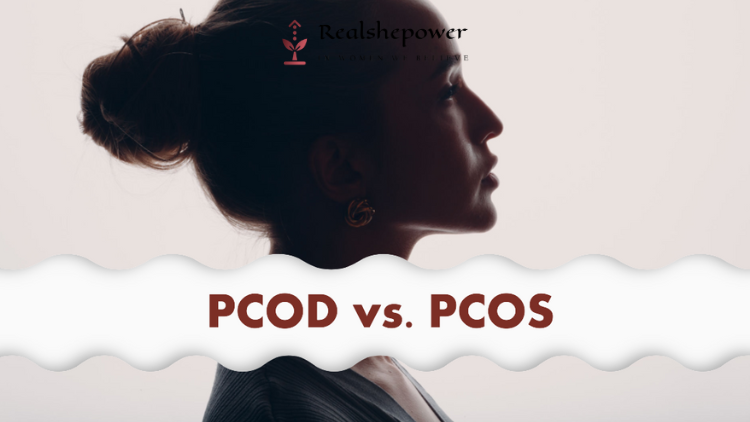Shedding Pounds or Shedding the Truth? A Look at Weight Loss Surgery


The battle with weight can feel relentless. You exercise, you diet, you count calories, and the numbers on the scale just won’t budge. Frustration sets in, and whispers of “weight loss surgery” start circling your mind. But is surgery the magic bullet it seems, or is there more to the story? Let’s delve into the world of weight loss surgery, separating fact from fad.
Table of Contents
A Surgical Solution, Not a Shortcut
Weight loss surgery, also known as bariatric surgery, is a group of procedures performed on the stomach or intestines to promote weight loss. It’s a serious medical intervention, typically reserved for individuals with a Body Mass Index (BMI) exceeding 40 or 35 with obesity-related health problems like diabetes or sleep apnea. It’s important to understand that surgery is a tool, not a shortcut. Long-term success hinges on sustained lifestyle changes – healthy eating habits and regular exercise – after surgery.
The Three Main Players: A Peek Under the Hood
There are three main types of weight loss surgeries, each with its own approach:
- Gastric Bypass: This “rerouting” surgery creates a smaller stomach pouch, limiting food intake. The small intestine is then reconnected to the pouch, bypassing a portion of the stomach and small intestine. This reduces nutrient absorption and promotes feelings of fullness.
- Sleeve Gastrectomy: Here, a significant portion of the stomach is surgically removed, creating a sleeve-shaped stomach pouch. This reduces the amount of food the stomach can hold and restricts the production of a hunger hormone.
- Adjustable Gastric Band: An adjustable band is placed around the upper part of the stomach, creating a small pouch that slows down the passage of food. The band can be adjusted by a doctor to control the size of the pouch and regulate food intake.
Weighing the Pros and Cons: A Balancing Act
Weight loss surgery can be incredibly effective, leading to significant weight loss and improved health outcomes. Studies show it can help manage or even reverse type 2 diabetes, sleep apnea, and high blood pressure. However, it’s not without its risks. Potential complications include infection, nutritional deficiencies, and dumping syndrome (unpleasant digestive issues after eating certain foods).
Also Read:
- Weight Loss Secrets Nobody Tells You
- Women with Diabetes: A Nutrient-Rich Diet and Lifestyle for Optimal Health
- Can Yoga Help You Lose Weight? Discover 5 Surprising Connection between Yoga and Weight Loss
Psychological Considerations: Beyond the Physical
The psychological impact of weight loss surgery is often overlooked. Pre-operative counseling is crucial to ensure patients understand the emotional journey they might embark on. Body image can be a major factor, and some people struggle to adjust to their “new” bodies. Additionally, the commitment to lifelong dietary changes and exercise can be emotionally demanding.
Beyond the Surgery: A New Lifestyle Awaits
The road to weight loss success after surgery is paved with dietary adjustments. Focus on small, frequent meals rich in protein and low in processed foods. Learning to listen to your body’s hunger and fullness cues is key. Exercise becomes even more important post-surgery, aiding in weight loss and muscle building.
Exploring Alternatives: Not a One-Size-Fits-All Approach
Weight loss surgery isn’t for everyone. There are various non-surgical avenues to explore first, like working with a registered dietitian to develop a personalized weight loss plan or exploring medication options with your doctor. Therapy can also be valuable in addressing the emotional aspects of weight management.
The Bottom Line: Informed Decisions, Lasting Results
Weight loss surgery can be a life-changing tool for those struggling with severe obesity and its health complications. However, it’s not a magic solution. Extensive research, pre-operative counseling, and a commitment to long-term lifestyle changes are crucial for success. Speak to your doctor to determine if you’re a good candidate for surgery and explore all the options available. Remember, weight loss is a journey, not a destination, and finding the right approach will lead you to a healthier, happier you.
Boosting Metabolism in 10 Days for Women Over 30

How To Make Your Hair Grow Faster ? 5 Tips for a Healthy Scalp and Luscious Hair

PCOD and PCOS: Dietary Habits and Lifestyle Changes to Manage Symptoms

You can now write for RSP Magazine and be a part of the community. Share your stories and opinions with us here.
